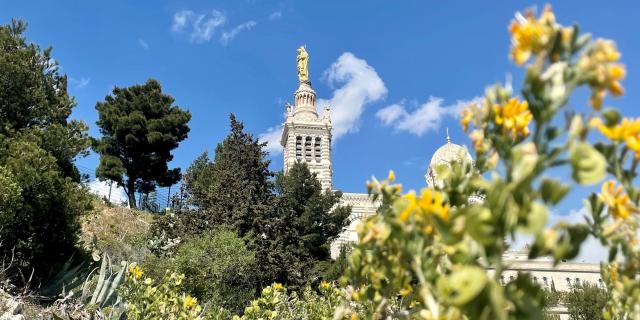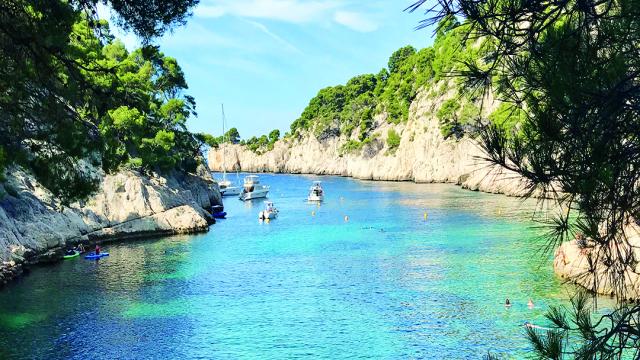Support for the Clef Verte
labelThis program, which began in early 2020 and will be rolled out until 2024, enables tourist accommodation providers to evolve along 7 major Sustainable Development axes (water management, awareness-raising, responsible purchasing, etc.). Marseille is proud to play a leading role in this project, as it is the French city
that, in percentage terms, boasts the most Green Key-labeled accommodation, thanks in particular to the Accor group’s decision to make Marseille the pilot city for the labeling of 18 hotels in the metropolis.
.


